CUEB Holds Seminar on Compiling Handbook of Chinese Economics: Digital Economy Volume
On May 27, CUEB held the seminar on the compilation of Handbook of Chinese Economics: Digital Economy Volume. The seminar was jointly organized by the Working Committee of the Handbook of Chinese Economics (hereafter the Handbook) and the Beijing Institute of Digital Economy Development and the School of Economics of CUEB.
Wu Weixing, Deputy Secretary of the Party Committee and President of CUEB, delivered an opening address. Liu Wei, former President of Renmin University of China, and Chen Yanbin, Member of the Party Standing Committee and Vice President of CUEB, attended the seminar on behalf of the committee. Experts and scholars present at the seminar included Xu Xianchun, former Deputy Director of the National Bureau of Statistics; Xia Jiechang, Enterprise Supervisor of the Chinese Academy of Social Sciences (CASS) and Researcher of the National Academy of Economic Strategy; Huang Xianhai, Vice President of Zhejiang University; Lin Ping, Dean of the School of Economics and the Center for Economic Research, Shandong University; Qi Yudong, Dean of the Business School of Beijing Normal University; Ren Baoping, Dean of School of Digital Economy and Management of Nanjing University; Li Xiaohua, Vice President of the National Institute of Social Development, CASS; Cai Yuezhou, Director of Digital Economy Research Office of Institute of Quantitative & Technological Economics, CASS; Hou Chengqi, Deputy Director of Academic Committee of Beijing Institute of Digital Economy Development, CUEB; Li Sanxi, Director of Center of Digital Economy Research, Renmin University of China. The opening address session and the discussion session were chaired by Chen Yanbin.
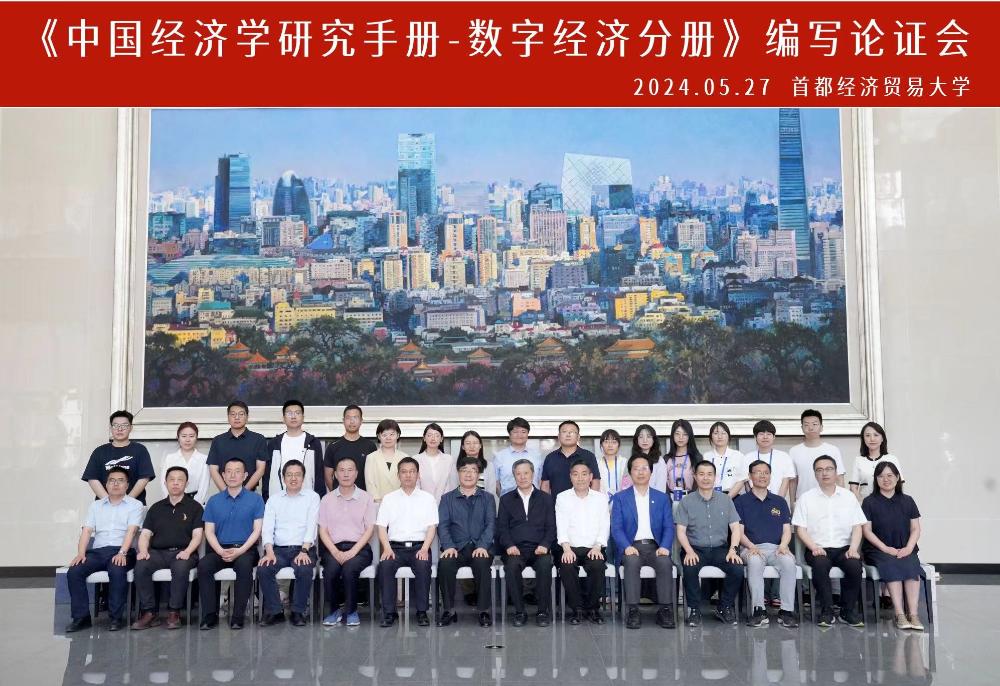
Opening Address Session
President Wu Weixing opened the seminar, warmly welcoming the experts and scholars. Wu outlined CUEB’s discipline strengths and accomplishments, as well as the initiatives to develop the discipline of Digital Economy, such as the founding of the Beijing Institute of Digital Economy Development. He also emphasized the significance of compiling the Digital Economy Volume (hereafter the Volume) and invited continued support from attending experts and scholars.

Subsequently, Liu Wei, former President of Renmin University of China, addressed the attendees, expressing heartfelt gratitude to CUEB for preparing the seminar. Liu noted the importance to accelerate the construction and innovation of the disciplinary system, academic system, and discourse system of philosophy and social science with Chinese characteristics, and to build an independent knowledge system for Chinese economics in the new era. To this end, the Working Committee is endeavoring to advance the compilation of the Handbook. The current work includes the release of ready chapters in digital version, the convening of thematic seminars, and the drafting and validation of new volumes. He also underlined that research in the digital economy is flourishing, with China and the West progressing side by side. The Volume is poised to strike the balance between global commonalities and China’s particularities in establishing an independent knowledge system. Finally, he expressed his sincere gratitude to the experts for their contributions to the Volume’s drafting and validation and hoped they would offer further suggestions for it.
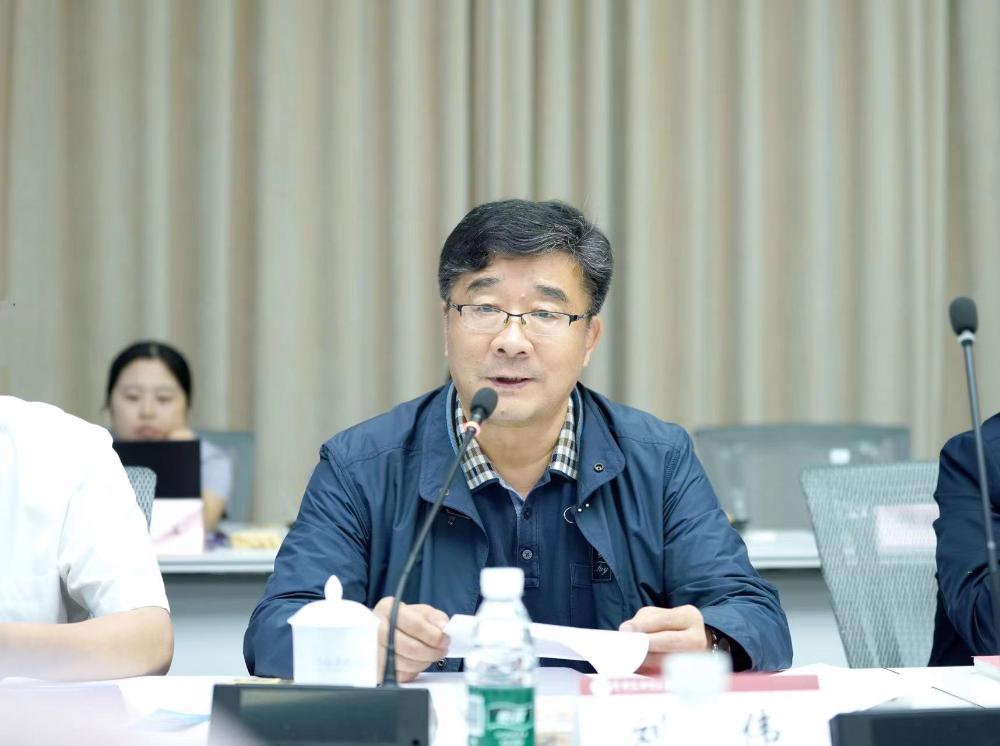
Chen Yanbin, CUEB Vice President, also delivered a speech on behalf of the Working Committee of the Handbook, outlining the threefold significance of compiling the Handbook. He emphasized that it would accelerate the construction of an independent knowledge system, develop a comprehensive textbook system of Chinese economics, and create an entire academic ecosystem in economics. Chen then outlined the “Five Major Criteria” for the compilation:
• Identify Key Issues: Focus on key issues, particularly those that cannot be explained or resolved using Western economic theories in the Chinese context.
• Illustrate with Typical Facts: Use typical facts to illustrate key issues vividly.
• Refine a General Analytical Framework: Develop a general analytical framework for each chapter, or provide an overview and evaluation of certain popular frameworks in relevant fields, with guidance on the application of these frameworks to Chinese-specific issues.
• Avoid a Literature Review Style: Organize and distill original theoretical contributions and provide in-depth commentary based on China’s unique practical experiences, rather than a literature review style. If there is scarce literature on a significant practical issue, the writing should focus on the logic behind the practice to inspire and guide future academic research.
• Avoid a Research Report Style: Ensure the writing does not mimic the style of a research report.
Finally, Chen emphasized that in the digital economy era, China has the potential to create a global leading development model by constructing an independent knowledge system, making the compilation of the Volume both essential and feasible.
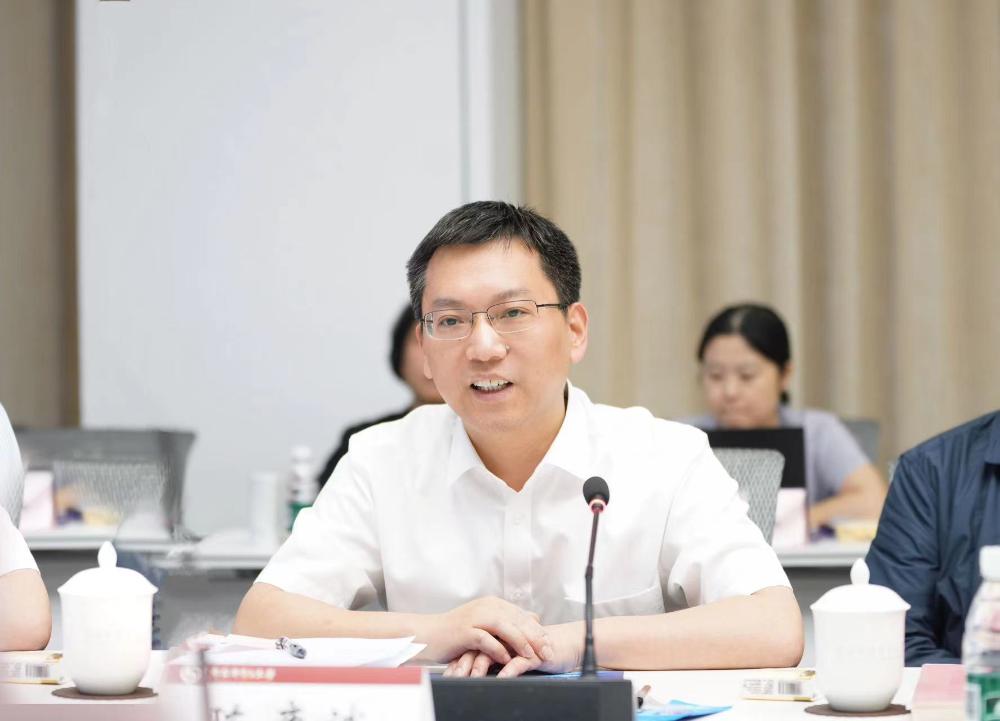
The Discussion Session
In the discussion session, experts provided profound insights and valuable suggestions regarding the compilation of the Volume.
Xu Xianchun, former Deputy Director of the National Bureau of Statistics, affirmed the importance of the Volume. Xu pointed out that two aspects need to be given priority: first, make a precise definition of the concepts, classification, and measurement methods of digital economy; second, make a clear statement of the concepts, classification, characteristics, and valuation methods of data.
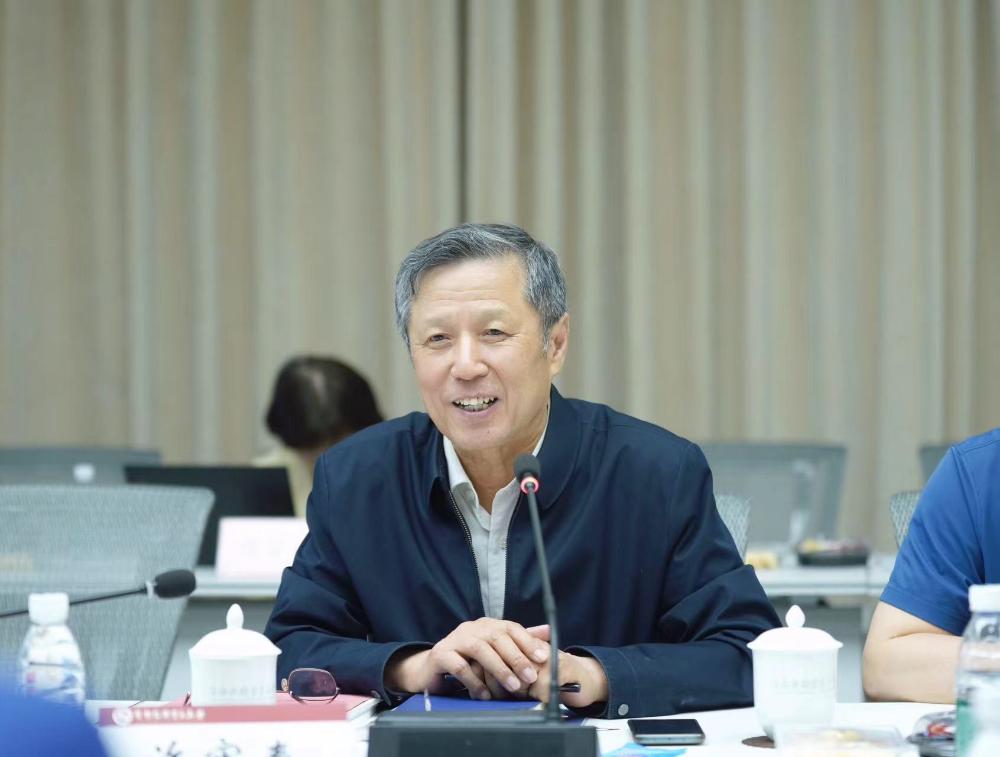
Xia Jiechang, Corporate Supervisor of CASS and Researcher of the National Academy of Economic Strategy, introduced such topics as the value accounting of the digital economy, new quality productive forces and new production relations in the era of the digital economy, evolutionary characteristics and innovation networks of digital industry clusters, mechanisms for integrating digital and real economy, digital empowerment of high-quality of real economy, and improvement in digital economy governance.

Huang Xianhai, Vice President of Zhejiang University, believed that the digital economy is an important new track for Chinese Economics. It is the right time to compile the Volume, and authoritative papers, major projects, and representative works in the field of digital economy should be effectively referenced. Taking digital platforms and innovative transformation as an example, Huang Xianhai elaborated on his compilation ideas.
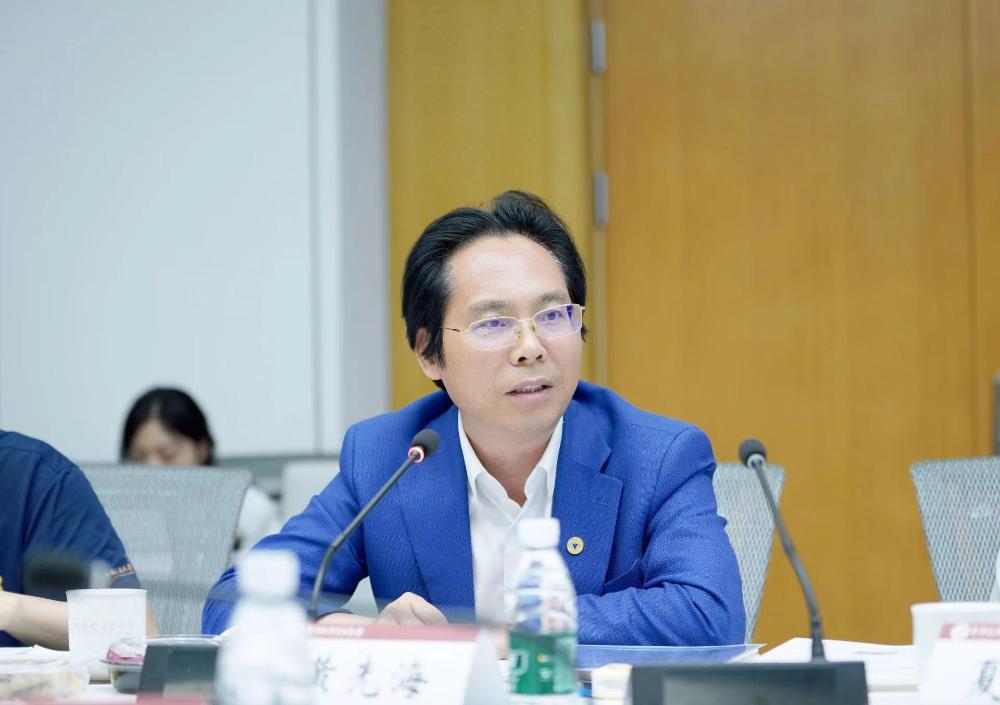
Lin Ping, Dean of the School of Economics and Director of the Institute of Economics of Shandong University, highly acknowledge the necessity and importance of the Volume. Lin made a detailed elaboration from micro and macro perspectives on market and government performances, on general and local theories. He suggested that one of the research focuses of the Volume is the theory of resource allocation under the digital economy.

Qi Yudong, Dean of the Business School of Beijing Normal University, prioritized core categories and systems of the digital economy, advocating for the exclusion method in compiling the Volume. Qi suggested that breakthroughs could be made in areas such as digital markets, digital infrastructure, digital industrial clusters, and pricing mechanisms for digital products.
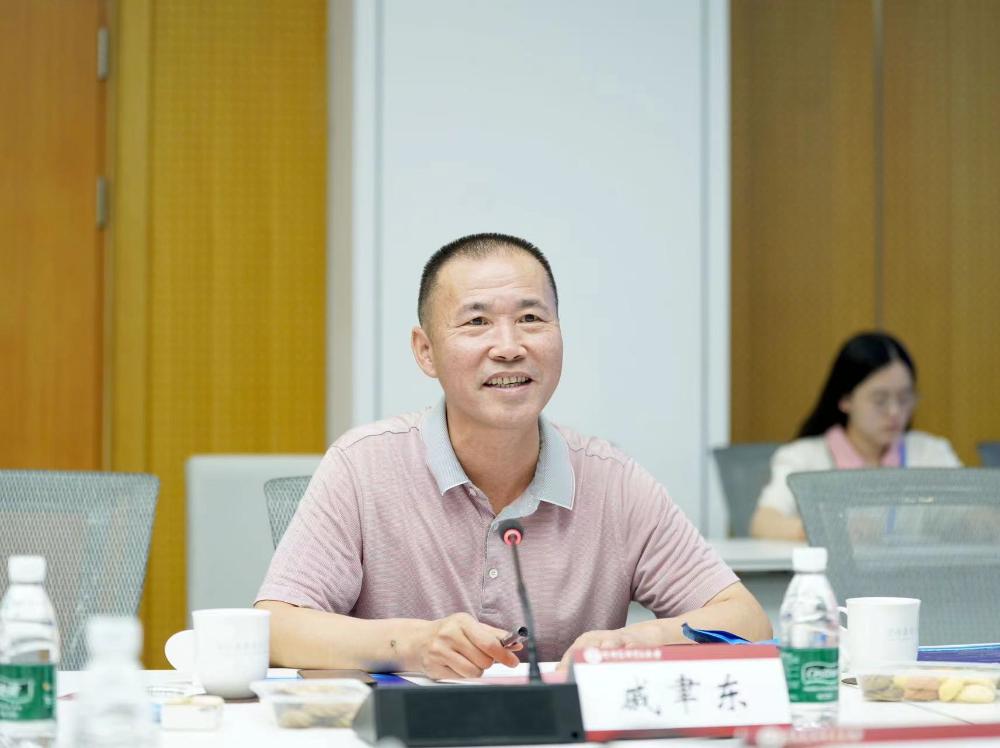
Ren Baoping, Dean of the School of Digital Economy and Management at Nanjing University, suggested a logical framework covering four main aspects: basic issues, fundamental elements, practical scenarios, and the norm and governance of the digital economy.
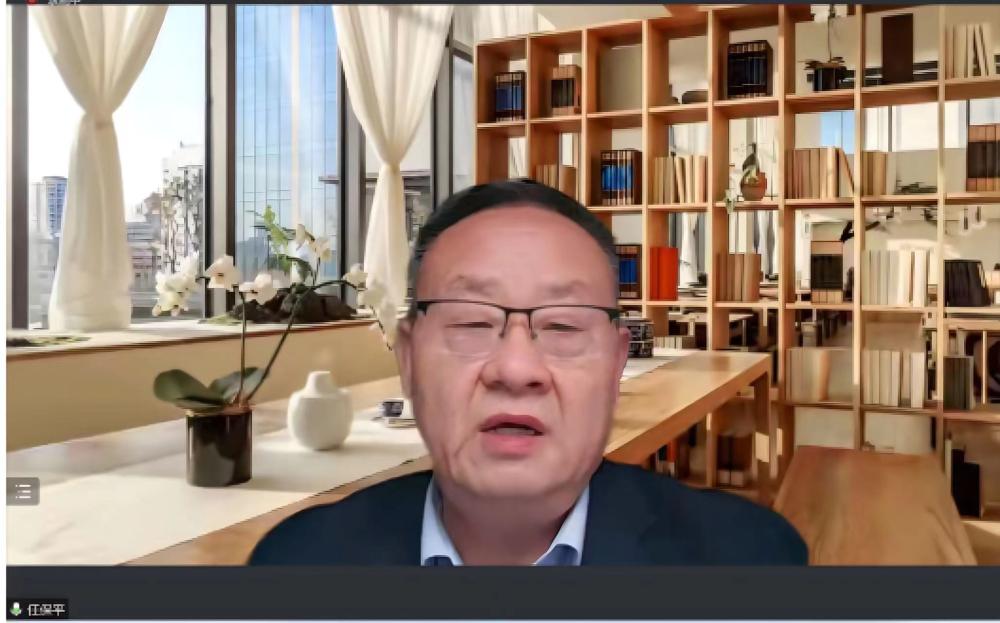
Li Xiaohua, Deputy Dean of the National Institute of Social Development at the Chinese Academy of Social Sciences, highlighted the distinctive features of the Volume for its integration of digital economy theories with Chinese practices. Li suggested focusing on layout from perspectives such as the general laws of digital economy development, digital element markets, industrial competition, regulation, organizational and business models innovation, empowerment for high-quality development, and the digital economy’s role in common prosperity.
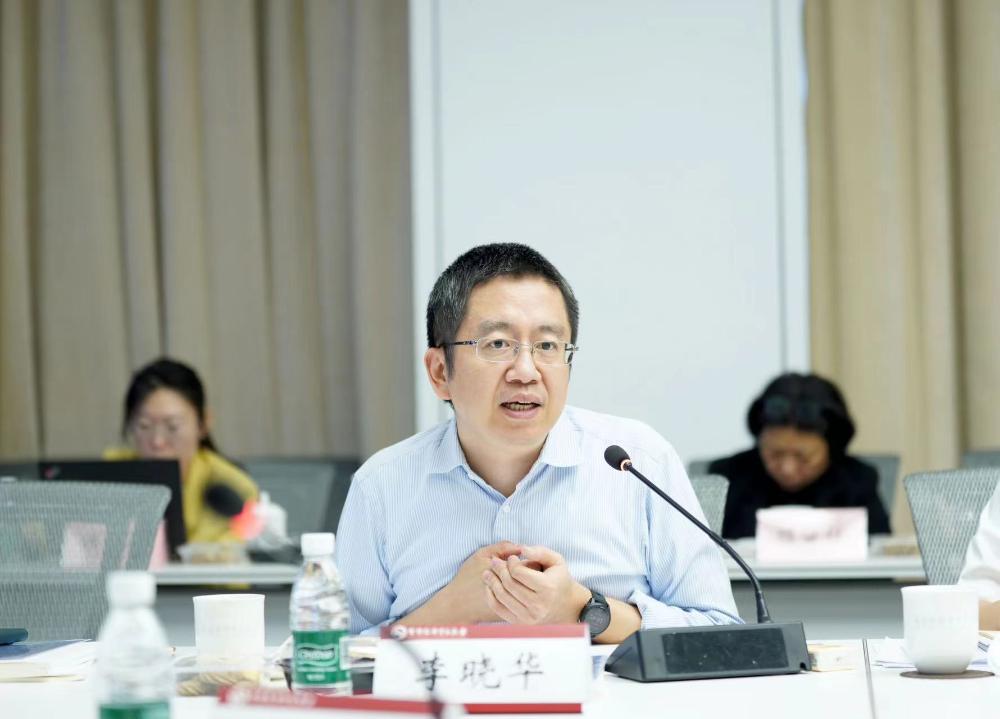
Cai Yuezhou, Director of the Digital Economy Research Department at the Institute of Quantitative & Technical Economics of the Chinese Academy of Social Sciences, believed that the era of the industrial internet is pushing industrial digitalization towards a development path supported by a super-large scale market, featuring effective market operations and active government work. Cai stressed the need to include typical facts to reflect Chinese characteristics.
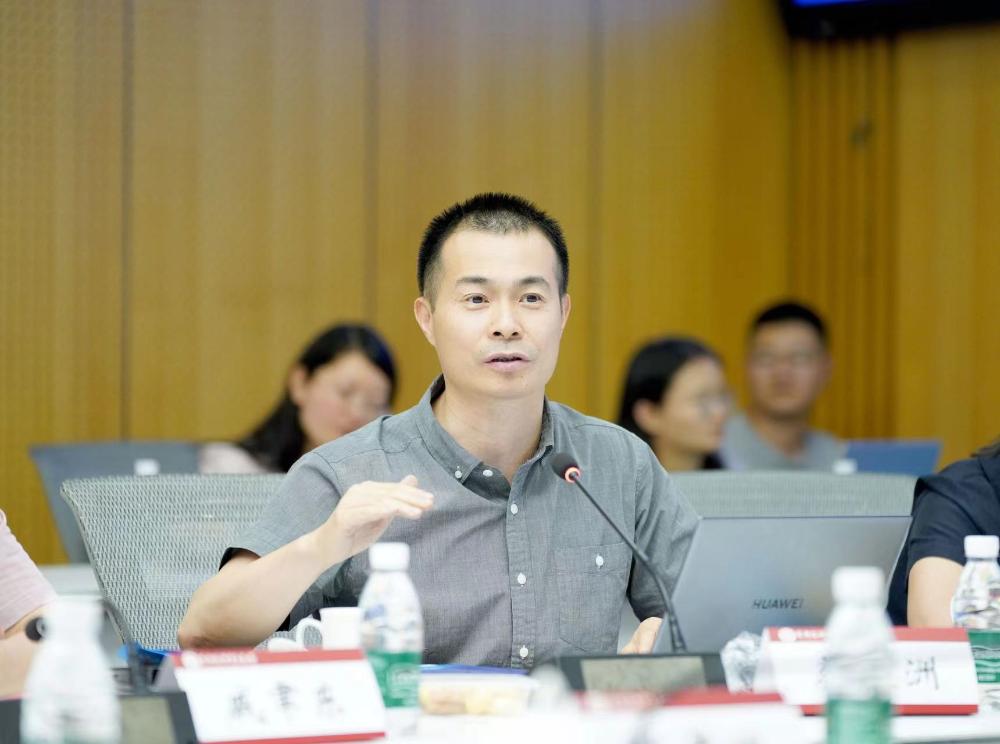
Hou Chengqi, the Vice Chairman of the Academic Committee at the Beijing Institute for Digital Economy Development of CUEB, noted that new technologies and elements in the digital economy era have profoundly affected the decision-making environment of micro entities and relevant issues, as well as market structures, leading to new challenges in macroeconomic governance. He considered that digital technology also serves as a new tool for macroeconomic governance. He called for in-depth research on stabilization, growth, structural policies, and consistency of macro policies.
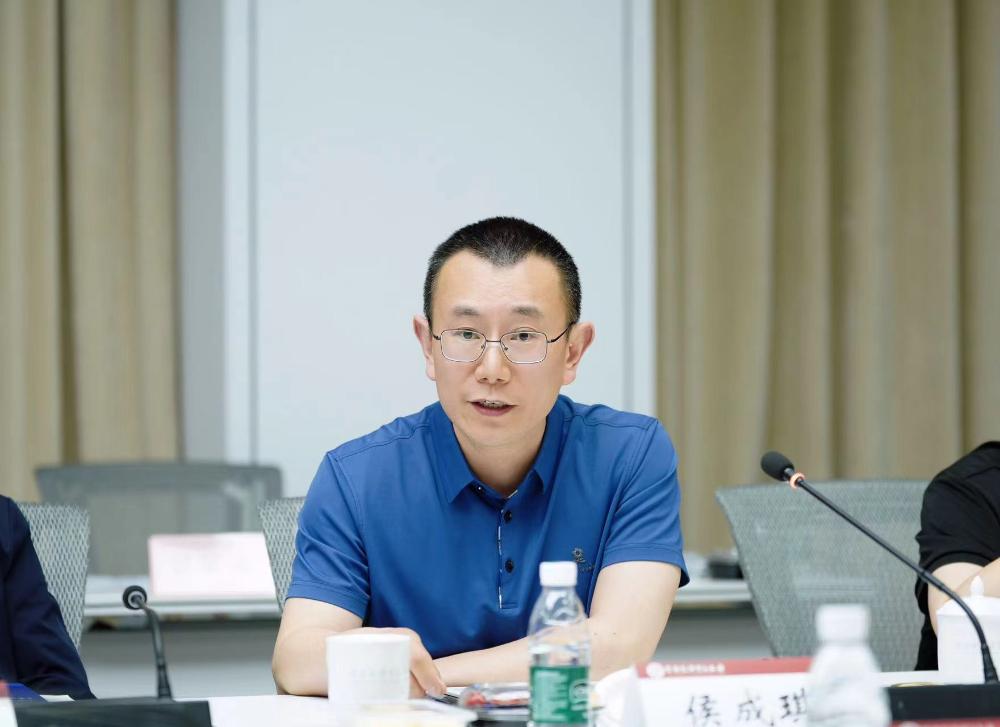
Li Sanxi, Director of the Center of Digital Economy Research at Renmin University of China, discussed the impact of artificial intelligence (AI) in the digital economy era on microeconomics and other topics. He believed that the digital economy measurement are not only technical issues but also value judgments. Li suggested that the Volume should conduct in-depth research on innovation in the digital era, changes in organizational methods and production structures, data elements, business models as well as competition strategies of enterprises, and digital market design.
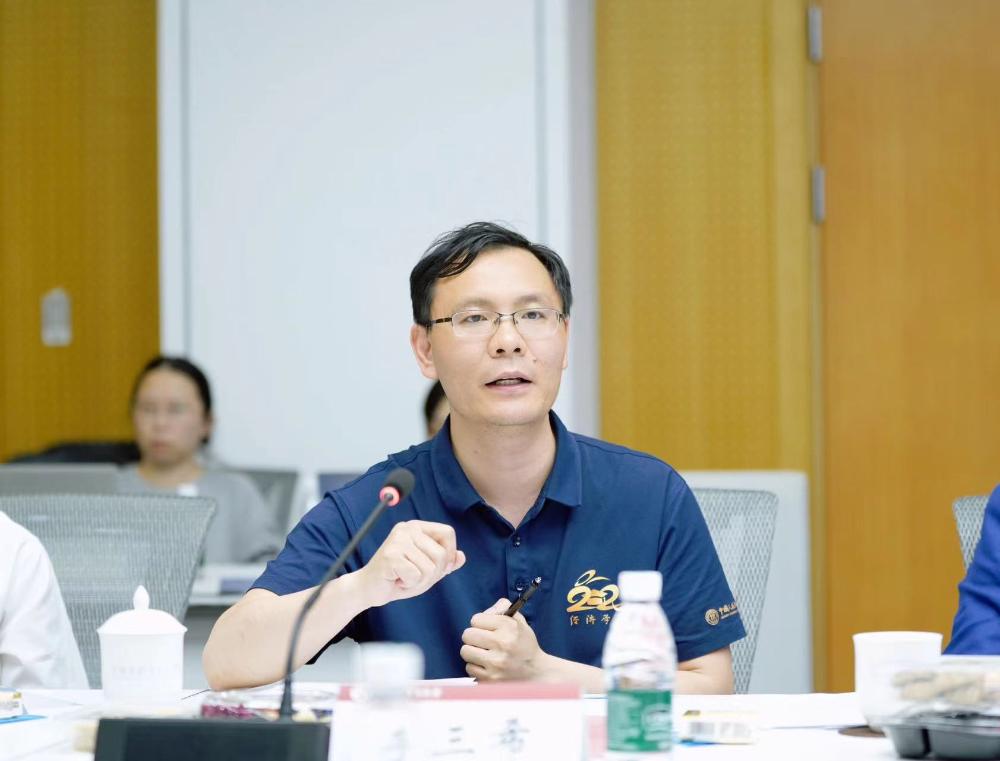
In conclusion, Chen Yanbin expressed sincere gratitude to all the experts. He assured that the committee will convene leading scholars for further discussions, fully absorb valuable suggestions, and organize the compilation work systematically.
